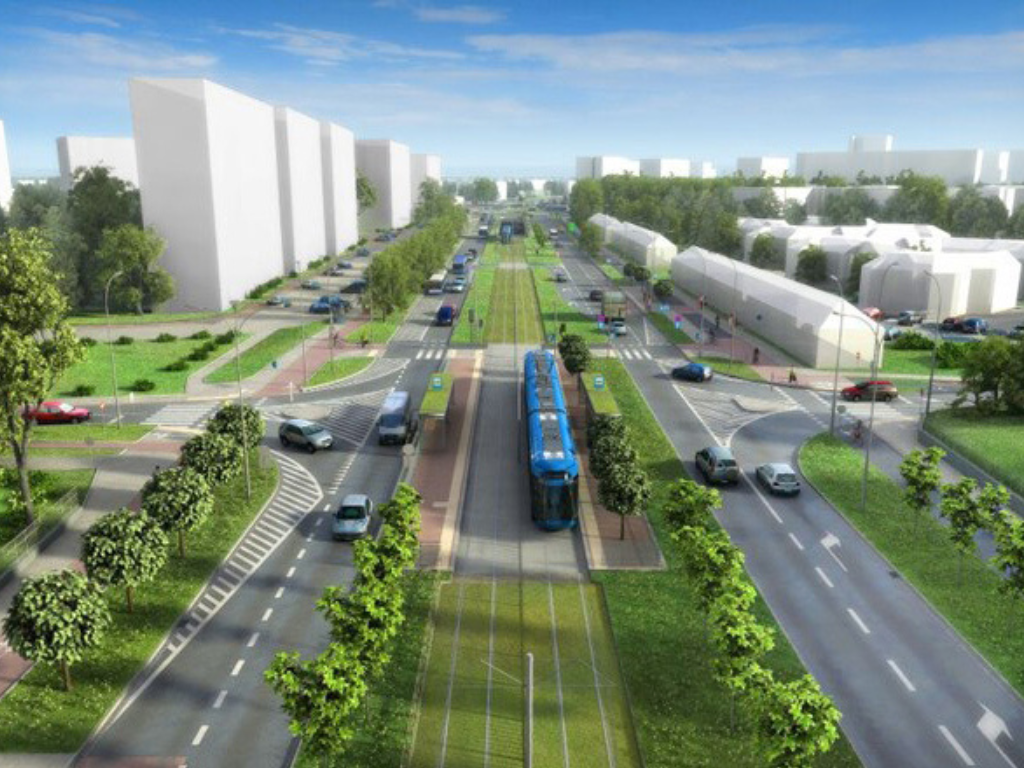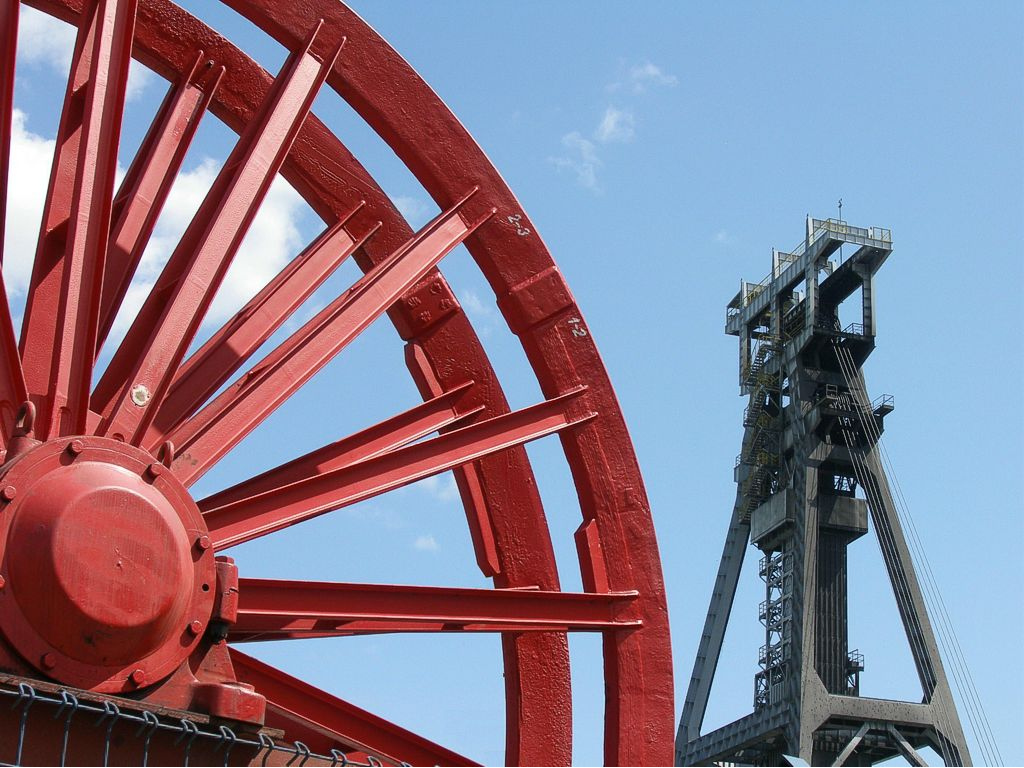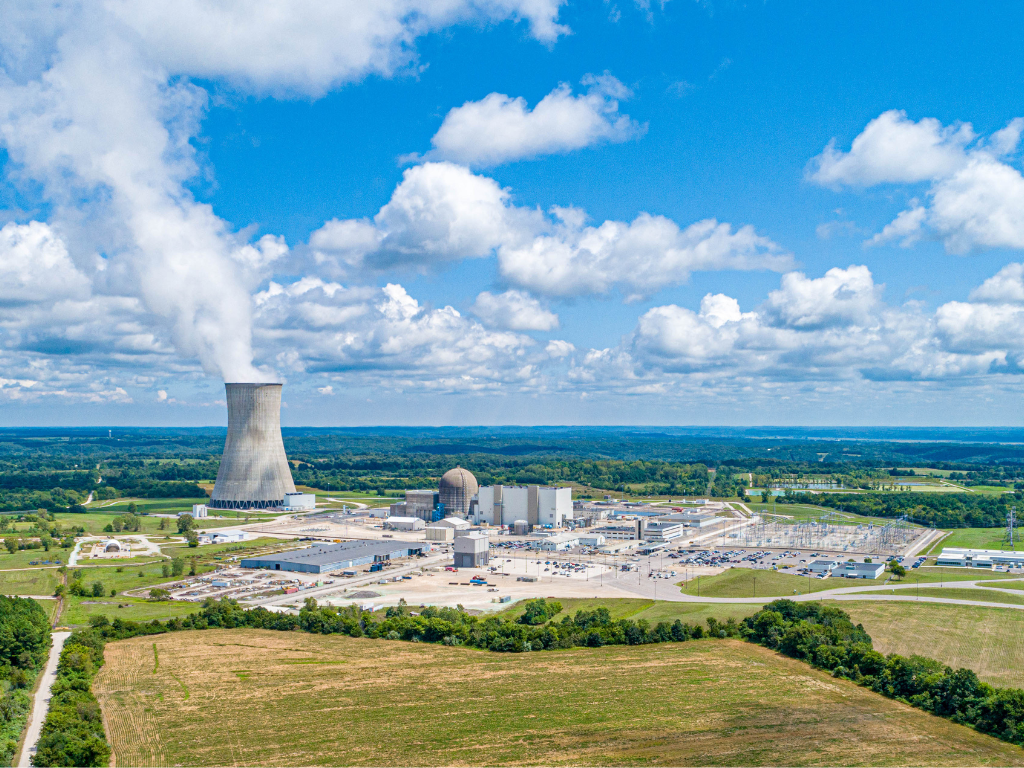
The construction permit has been issued for the implementation of a tramway to Mistrzejowice! Its construction will start soon, and if all goes well, residents of Krakow will be able to use this shortened route as early as the end of 2025. Thanks to this investment, travel time from the northern part of Krakow to the center (Mistrzejowice – intersection of Lema and Meissner streets) will be shorter by about 12 minutes. This is the first such a large transport investment in Poland implemented under the Public-Private Partnership (PPP) formula. At Sotis Advisors, we are proud of this development, as we were involved in the development of environmental and social Due Diligence, including performing GET (Green Economy Transition) analysis, an analysis of the project’s compliance with environmental requirements. And all this in accordance with the standards and policies of the European Investment Bank and the European Bank for Reconstruction and Development, which, on the basis of our documentation, were able to engage, among others, in the construction of the tramway to Mistrzejowice.


